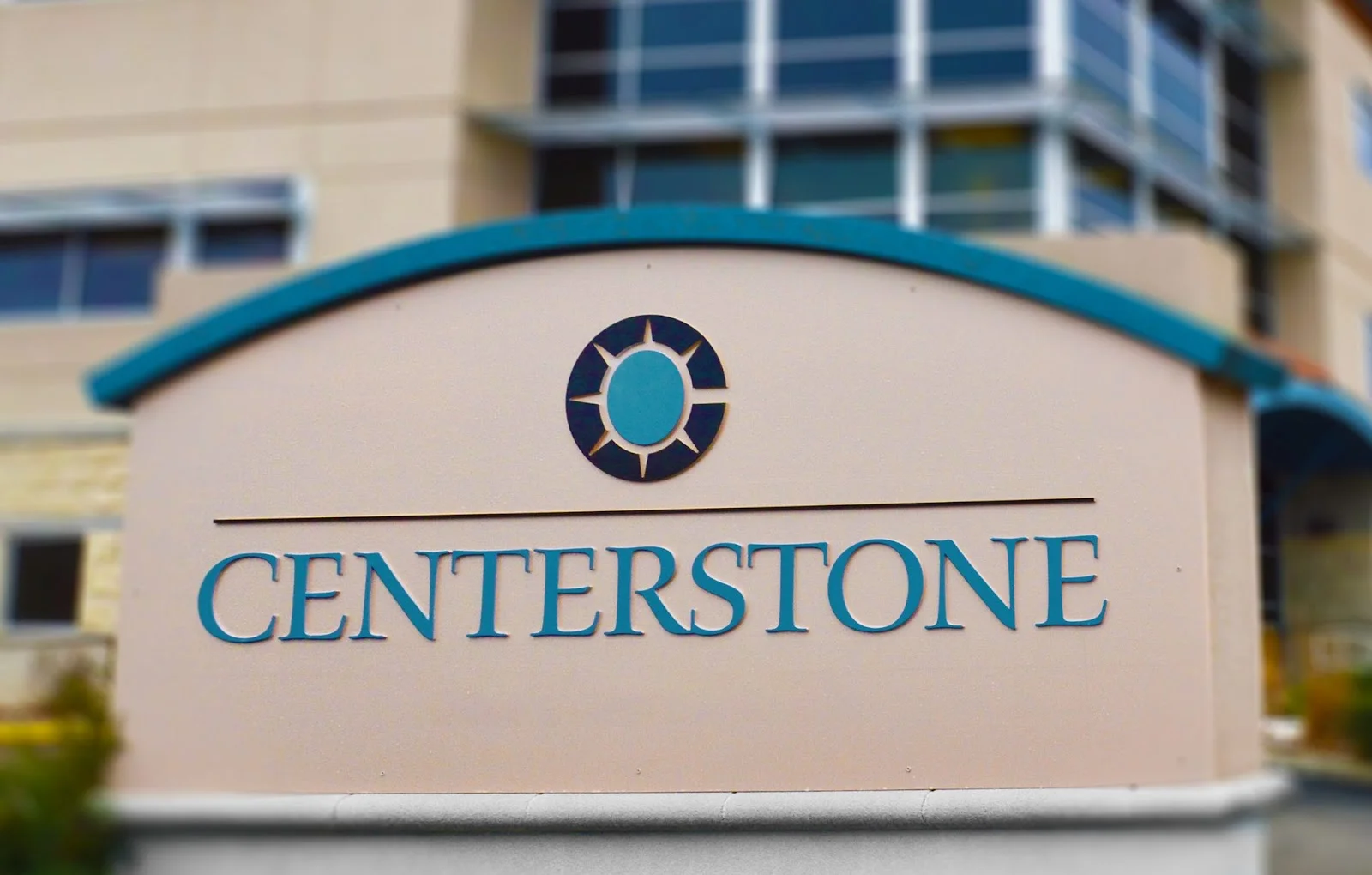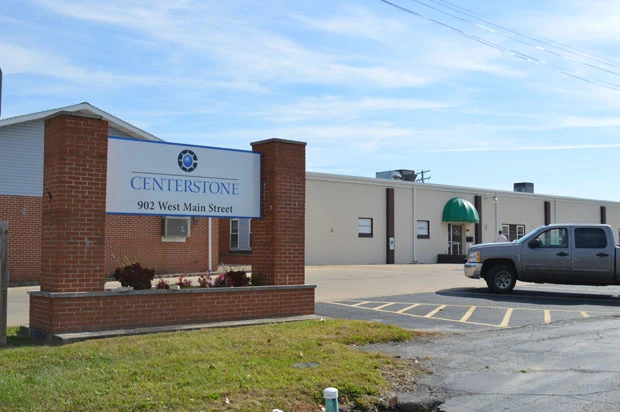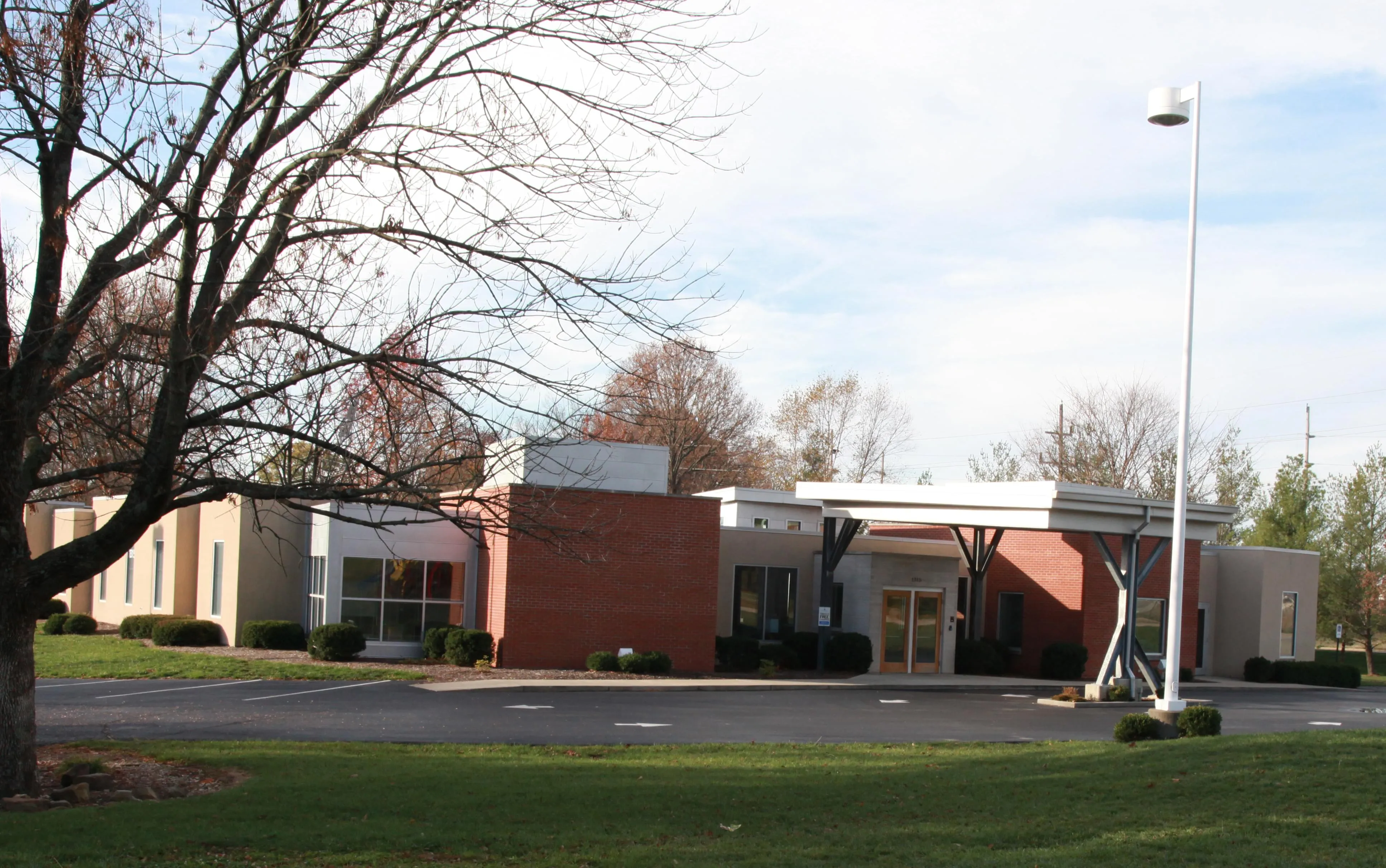A non-profit organization called The Fellowship House is based in Anna, Illinois, and it serves people in Southern Illinois who are battling co-occurring mental health diseases and drug use disorders by offering comprehensive therapy. Through its gender-specific residential treatment program, the institution especially serves the needs of males 18 years of age and older, providing a variety of treatments intended to encourage recovery and promote long-term wellbeing.
The Fellowship House's residential treatment program is designed to provide clients with more than 25 hours of weekly therapeutic engagement in addition to intense support. Individual and group therapy, educational seminars, and skill development sessions are all included in this program. The main goal is to stabilize patients and get them ready for a smooth transition to outpatient treatment by making sure they have the resources needed for long-term rehabilitation.
Centerstone Fellowship House offers both medically supervised and social detoxification for people in need of such treatments. With the help of trained professionals committed to reducing withdrawal symptoms, people may start their recovery path with the full support of a team that is closely monitoring the detox process to guarantee safety and comfort.
A wide range of treatments are provided by Centerstone Fellowship House's outpatient program, including addiction, dual diagnosis, and mental health care. With a focus on self-help groups and mental health counseling, this program is designed to meet the individual requirements of each client and provide them the continuous support they need to continue their recovery outside of a residential environment.
Aetna, Cigna, and TRICARE are just a few of the main insurance companies that Centerstone Fellowship House works with. It is advised that clients confirm their coverage with their insurance company since benefits obtained outside of the network may differ.
The Fellowship House is administered by Centerstone, a larger nonprofit health institution that offers treatment for mental health and drug use disorders in a number of states, including Florida, Illinois, Indiana, North Carolina, and Tennessee. Services are provided via telemedicine, inpatient hospitals, residential programs, school-based services, and outpatient clinics. In addition, Centerstone provides services for kids, such as therapeutic foster care, and specific programs for the military community. The Centerstone Foundation raises charitable funds to support the organization's goal of providing transformational care, while the Centerstone's Institute uses technology and research to apply evidence-based methods across its communities.
Centerstone Fellowship House is licensed by the state of Illinois, is SAMHSA listed, and has received recognition for its high standards of care. These credentials attest to the organization's commitment to offering those in need of treatment that is both efficient and easily accessible.
Centerstone Information
Treatment
Who We Treat
- Male and Female
- Veterans
Treatment Focus
- Men
- Co-Occurring Disorders
- Drug Addiction
Approaches
- Individual Treatment
- Evidence-Based
- Gender-Specific
- Group Therapy
- Cognitive Behavioral Therapy (CBT)
- Motivational Interviewing
- 1-on-1 Counseling
- Medication-Assisted Treatment (MAT)
- Life Skills Training
- Relapse Prevention Counseling
Conditions We Treat
- Trauma
- Co-Occurring Disorders
Substances We Treat
- Alcohol
- Benzodiazepines
- Heroin
- Opioids
- Cocaine
- Methamphetamine
Languages
- English
Aftercare
- Discharge Planning
- Relapse Prevention Planning
- Outpatient Treatment
- Employment Counseling
- Continuing Care
- Employment/Vocational Counseling
- Support Meetings
Level of Care
- Outpatient
- Outpatient Detox
- Detox
- Residential Rehab
- Co-Occurring Mental Health
- Aftercare/Continuing Care
Experience
On-Site Amenities
- TV
- Air-Conditioned Rooms
- Outdoor Space
- Recreation Room
Personal Amenities
- Private or Shared Rooms
- Shared Bathroom
On-Site Activities
- Alternative Support Meetings
- AA/NA Meetings
Smoking and Vaping Policy
- Smoking Allowed in Designated Areas
- Vaping Allowed in Designated Areas
Accreditations
-
State mental health department
State mental health department accreditation refers to the process of evaluating and certifying the quality and standards of a state's mental health department, ensuring that it provides high-quality services and meets specific criteria for mental health care. The accreditation process is performed by a third-party organization and helps to improve the overall care and treatment of individuals with mental health conditions.
-
State department of health
Government agencies issue State Licenses, granting permission to rehabilitation organizations to conduct their business operations lawfully within specific geographic regions. Generally, the particular rehabilitation programs offered by a facility and its physical location dictate the necessary licenses needed for legal operation.

-
SAMHSA certification for opioid treatment program (OTP)
Accreditation by the Substance Abuse and Mental Health Services Administration (SAMHSA) for Opioid Treatment Programs (OTPs) signifies that a program has met strict standards for providing high-quality care to individuals with opioid use disorders. It assures patients, families, and communities that the OTP follows evidence-based practices, employs qualified staff and maintains a safe and effective treatment environment. This accreditation reflects the program's commitment to addressing the opioid epidemic and promoting recovery.
Additional Locations
Centerstone Accepts The Following Insurance Plans
Find the best treatment options. Call our free and confidential helpline today!





















